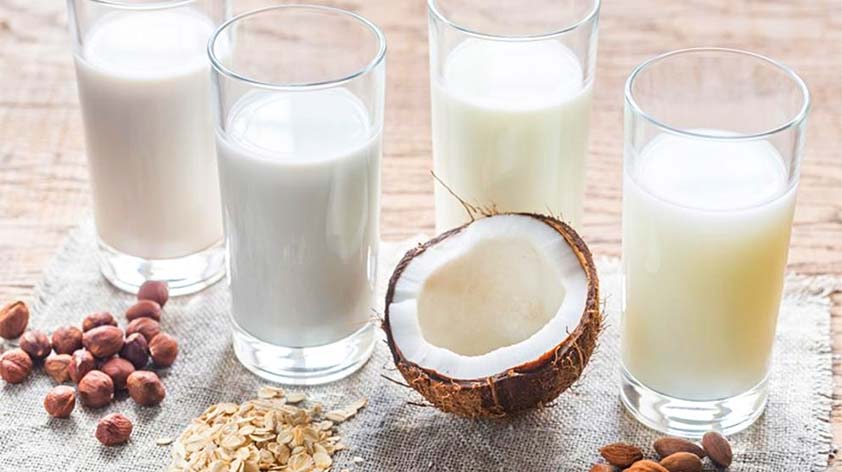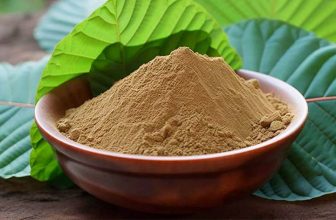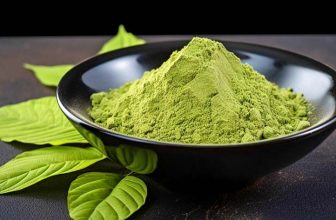
According to The Grocer, 82% of Brits will drink at least one cup of tea each day, whilst 46% of coffee drinkers find it difficult to start the day without their morning cup of coffee. But where do plant-based milks fit into all this? The Guardian recently revealed that 25% of Brits are instead now opting for plant-based milk as their milk of choice. The market is growing, and the choices are plentiful. But which is the best milk alternative to go into your tea or coffee? Read on below for our Top 4 Plant-Based Milks for Your Tea & Coffee!
1. Soy Milk
Nutritionally, soy milk is the most similar to dairy milk, being high in calcium and protein. When added to tea or coffee, the creamy mouthfeel is indistinctive to dairy milk. If you were previously fond of dairy milk in tea, soy milk is perhaps the best alternative. The doughy flavour is the least offensive to the palette and mimics dairy milk almost perfectly, leaving a pleasant ‘biscuity’ aftertaste. Opt for sweetened soy milk if you prefer your tea a little sweeter.
2. Oat Milk
Arguably the most popular of the non-dairy alternatives, oat milk has the most neutral flavour and mouthfeel. This should be the milk of choice for both tea and coffee, for anyone wanting their milk to taste as close to dairy milk as possible.
3. Coconut Milk
The higher fat content of coconut milk results in a thicker mouthfeel, and a creamier tasting coffee. Anyone who likes adding flavoured syrups or sugar to coffee may find coconut milk the most suitable, as the natural flavour and sweetness could replace these unhealthy additions. Of all the milk alternatives, coconut milk has the lowest carbohydrate content, making it the most suitable for anyone on a low carbohydrate diet.
The tropical flavour of coconut milk means that it is a less popular addition to cups of tea, however if you like strong, but sweet tea, this could still be the milk of choice for you. Try it with Earl Grey for a unique twist.
4. Almond Milk
Almond milk is another popular milk substitute in home baking and smoothies, but what about in tea and coffee?
It has a nutty but mild flavour and a creamy mouthfeel. The protein content is similar to oat milk, but it’s also rich in vitamin E. The nutty flavour might be too polarising for your standard English breakfast tea, but it works well in coffee if you like your drink slightly flavoured.









